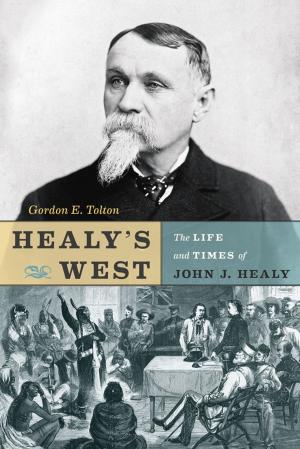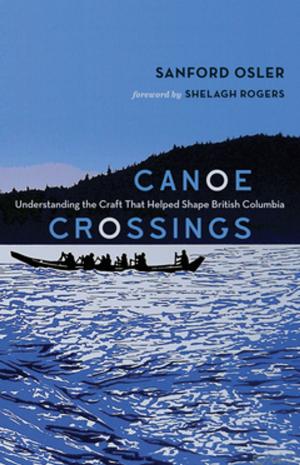Code Name Habbakuk: A Secret Ship Made of Ice
Nonfiction, Reference & Language, Transportation, Ships & Shipbuilding, History, Military, Naval| Author: | L.D. Cross | ISBN: | 9781927051481 |
| Publisher: | Heritage House | Publication: | April 15, 2012 |
| Imprint: | Heritage House | Language: | English |
| Author: | L.D. Cross |
| ISBN: | 9781927051481 |
| Publisher: | Heritage House |
| Publication: | April 15, 2012 |
| Imprint: | Heritage House |
| Language: | English |
In late 1942, Britain was desperate to win the ongoing Battle of the Atlantic. German U-boats had sunk hundreds of Allied ships containing millions of tons of cargo that was needed to continue the war effort. Prime Minister Churchill had to find a solution to the carnage or the Nazis would be victorious. With the support of Churchill and Lord Louis Mountbatten, eccentric inventor and amateur spy Geoffrey Pyke proposed a dramatic project to build invincible ships of ice—massive, unsinkable aircraft carriers that would roam the mid-Atlantic servicing fighter planes and bombers on missions to protect shipping from predatory U-boat wolf packs.
This is the fascinating story of the rise and fall of Project Habbakuk and how an outlandish inventor, the British Navy, the National Research Council of Canada and a workforce of conscientious objectors tested the bizarre concept in the Canadian Rocky Mountains, far from the theatre of war.
In late 1942, Britain was desperate to win the ongoing Battle of the Atlantic. German U-boats had sunk hundreds of Allied ships containing millions of tons of cargo that was needed to continue the war effort. Prime Minister Churchill had to find a solution to the carnage or the Nazis would be victorious. With the support of Churchill and Lord Louis Mountbatten, eccentric inventor and amateur spy Geoffrey Pyke proposed a dramatic project to build invincible ships of ice—massive, unsinkable aircraft carriers that would roam the mid-Atlantic servicing fighter planes and bombers on missions to protect shipping from predatory U-boat wolf packs.
This is the fascinating story of the rise and fall of Project Habbakuk and how an outlandish inventor, the British Navy, the National Research Council of Canada and a workforce of conscientious objectors tested the bizarre concept in the Canadian Rocky Mountains, far from the theatre of war.















